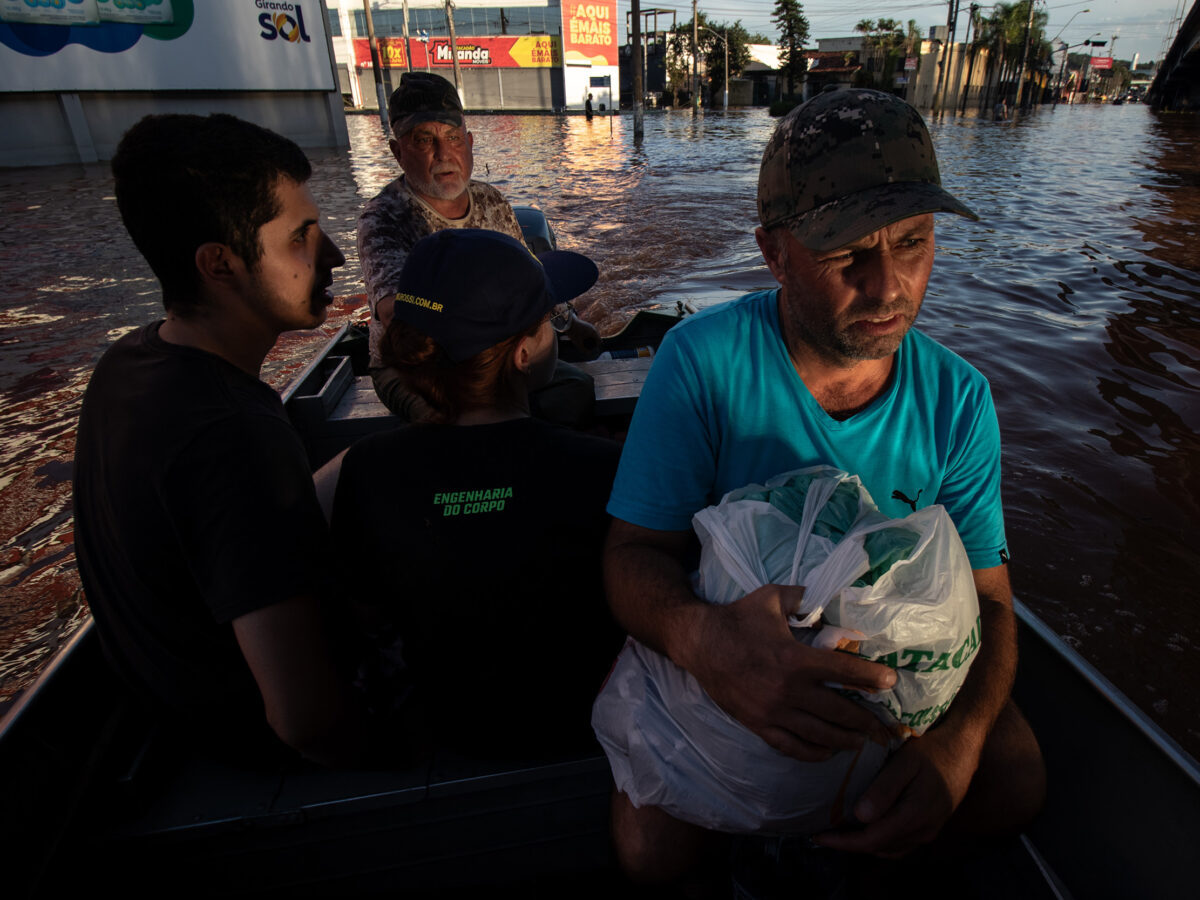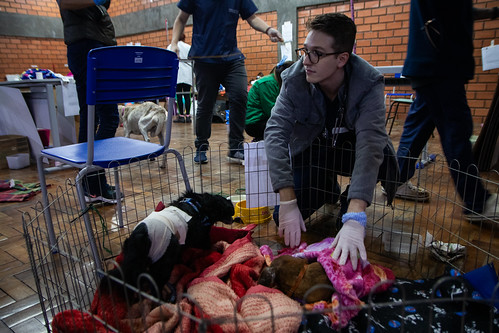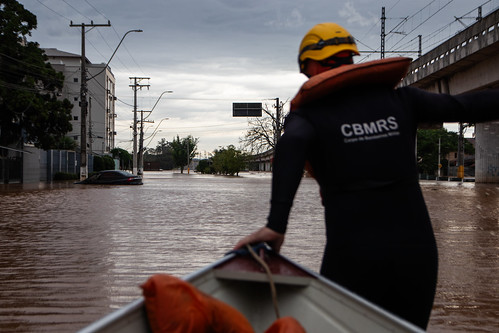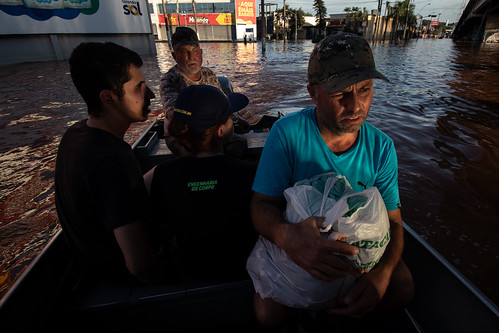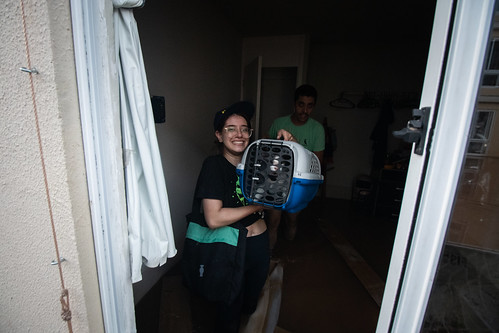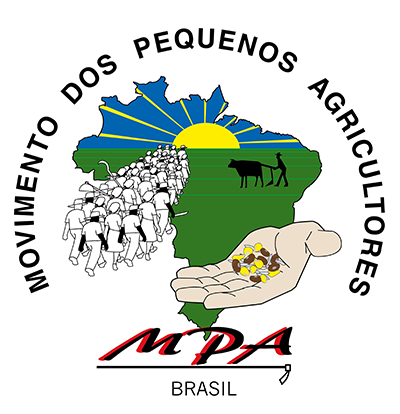Quase 80 mil pessoas estão em abrigos no RS; mortes chegam a 149
Porto Alegre e outras cidades sofrem com nova cheia do Guaíba
Congresso Nacional tem na mesa 28 propostas que aceleram a destruição ambiental
Entre as propostas da bancada ruralista, o PL que busca reduzir a reserva legal na Amazônia de 80% para até 50% avança na Câmara
Adaptação é uma questão de vida ou morte no Brasil
Ensaio destaca a importância de política de resiliência climática e adaptação com participação popular
Milhares são evacuados devido a violentos incêndios florestais no Canadá
O governo do Canadá alertou para a qualidade do ar perigosa em várias áreas afetadas pelos incêndios
Governo Eduardo Leite não colocou em prática estudos contra desastres pagos pelo estado
Desde março, a MetSul Meteorologia vem alertando sobre as chuvas intensas de abril e maio
Quem financia a mídia ninja é você 
Filtrar por editoria
AlimentaçãoPoliticaCulturaInternacionalEsportesDireitos humanosEducaçãoTecnologiaSaúdeEconomiaMeio AmbienteLimpar filtros
- Alimentação

Notícias falsas sobre desabastecimento de arroz motivam corrida aos supermercados
- Meio Ambiente

No RJ, mais de 1 milhão de casas estão em áreas de alto risco para inundações
- Emergência Climática

Rio Grande do Sul recebeu alertas de inundação uma semana antes da 1ª morte
- Emergência Climática

Vítimas da tragédia em Brumadinho autorizam repasse de R$ 2,2 mi ao RS
- Cinema

Festival de Cinema de Xerém realiza sua 1ª edição e consagra curtas sobre violência doméstica e com protagonismo trans
- Política

Governo suspende parcelas e perdoa R$ 11 bilhões e juros da dívida do Rio Grande do Sul
- Emergência Climática

Rio Grande do Sul: reconstrução passa pela recuperação de 1,16 milhão de hectares de vegetação nativa, diz estudo
- Direitos humanos

Em 2023, Rio de Janeiro teve 9 mil denúncias de estupro; 40% das vítimas eram menores de idade
- LGBTQIA+



















